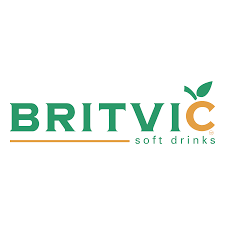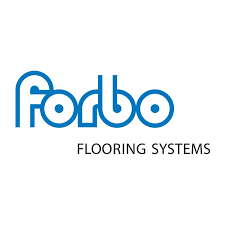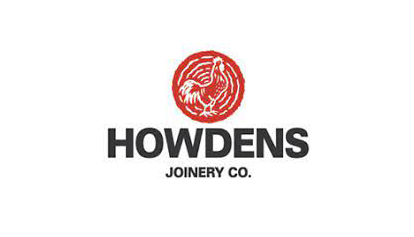The causes of Idling and minor stops are easily overlooked when production plans are based on asset demonstrated capability rather than Asset capability.
As long as the plan is achieved, there is little pressure to do more but minor stops are major contributors to the instability that results in quality defects.
This support plan enhances TPM Centre of Excellence capabilities to systematically remove the causes of unplanned interventions. The same tool set can then be applied to reduce levels of planned intervention and progress towards no touch production.
Support Plan Structure
1: Take stock and encourage new thinking.
- Readiness Review: Assess strengths, weaknesses, improvement potential and develop recommended next steps
- Plan the plan: Develop forward workplace learning projects
2: Raise performance and release potential
- Training Workshop: The improvement glide path for minor defects
- Core team sessions: Categorise defects and causal factors
- Review equipment capability
- Enhance installation precision
- Improve ease of use and maintenance
- Enhance precision of adjustments, jigs and fixtures
- Enhance set up precision.
3: Build capability and engagement
- Mid project review, policy development and forward planning
- Prioritise minor defect hot spots
- Establish control points and methods for defect control
- Extend Mean Time Between Intervention
- Stabilise and extend component life
- Increase standard speed.
4: Deliver the full potential
- Capture lessons learned as Policy Standads and roll out to other areas
Support Plan Example
Below is an example of a support plan to develop capabilities, guide and facilitate the systematic reduction of defects and minor stops (Follow the links for more details)
A. Diagnostic Session:
Daily Management Best Practice for Manufacturing Leaders
Format: 2 hour online
This short on line awareness workshop is designed to both raise awareness and assess current practices against benchmarks for the daily management best practices used by award winning and well respected organisations. These processes are at the heart of the capability to ratchet up performance through actions to simultaneously:
- Build shift/area team capabilities
- Develop insight and learning to underpin year on year improvement in effectiveness.
- Raise operational resilience and release time to proactively adapt to changes in new products, technology and statutory legislation
B. Mobilisation Training:
The outputs from the awareness session include an action plan which is likely to include the mobilisation of a cross functional team. Below are training sessions which are designed to facilitate the launch of an improvement projects and workplace learning cycles.
TPM Best Practice Leadership,
Format 3 Day training workshop or individual training modules over 4 to 12 weeks.
This is a course designed to support those tasked with achieving the challenging but achievable TPM goal of zero breakdowns.
At the heart of the TPM process are practical, cross functional team processes that systematically improve Overall Equipment Effectiveness as part of the daily routine.
This provides local and senior leadership with the levers to engage production and engineering personnel with a shared improvement agenda to ratchet up performance.
Implementing Lean Maintenance
Format: 3 Day training workshop or individual training modules over 4 to 12 weeks.
Learn how apply the Lean Maintenance to build on existing good practices and improve:
- Lean Asset maintenance execution through standard work that:
- Remove the causes of accelerated wear and human error.
- Improves working methods, speeds up skill development and simplifies spares management.
- Lean Execution to support
- Process optimisation
- Workflow Management,
- Problem Prevention toolsets
- Lean Management to
- Stabilise and extend component life
- Improve use of skills and flexibility
- Enhance data analysis and CMMS added value
- Project manage shutdowns or the introduction of new equipment, systems, products and services.
The content includes lessons from well known and award winning organisations to explain how engaging Maintenance within a Lean programme can deliver as much as 50% more in terms of year on year gains
C. Implementation Support:
Developing First Line Leadership Skills
Format: Online 4 sessions
First Line and Mini Business Leaders are at the heart of any organisations ability to deliver value to customers. They are the ones who can make an organisation run like clockwork. As customer expectations ratchet up and the pace of technology accelerates, their role is evolving. This training workshop will provide participants with a road map to equip First Line leaders with the knowledge and skills to drive practical changes through their teams.
Front Line Skill Development Best Practice
Format: 2 Day in house training workshop and follow up coaching
The course content covers best practices for
- Role and task design
- Including the use of standards to accelerate learning
- Balancing team skill profiles
- Including issue response and resolution
- Asset and individual learning plans
- Training and compliance feedback
- Including methods improvement and standardisation
- Work instruction ownership and review
The course includes a systematic review of existing processes and work routines to surface barriers and identify actions to resolve them.









